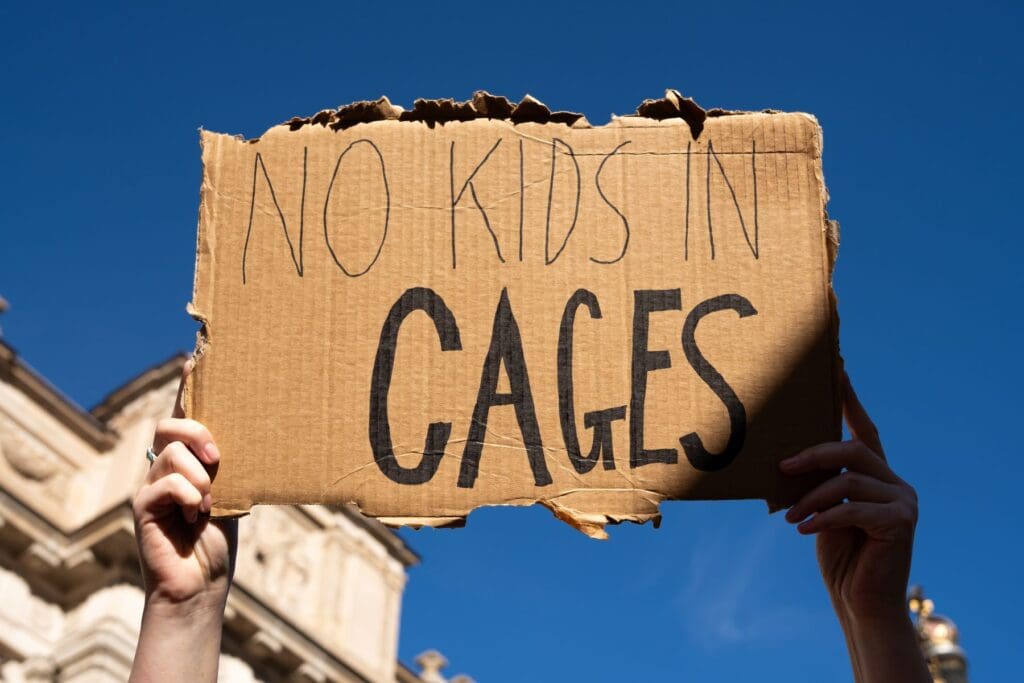Legal challenge filed against Tasmanian Parole Board’s decision to gag free speech
The Human Rights Law Centre has filed legal proceedings on behalf of Tasmanian grandmother, Susan Neill-Fraser, to challenge a restrictive parole condition placed on her by the Tasmanian Parole Board seeking to limit her ability to speak to the media.
The case, filed in the Supreme Court of Tasmania, argues that preventing Susan from speaking to the media is improper, unlawful and in breach of the constitutionally implied freedom of political communication.
Parole is intended to support people to reintegrate into the community after time spent in prison. The Human Rights Law Centre is concerned by the largely unchecked powers of parole boards throughout the country which impose restrictive parole conditions that prevent people’s full participation in the community. Restrictive parole conditions have a disproportionate impact on already marginalised groups who are overrepresented in the criminal legal system.
Sarah Schwartz, Legal Director at the Human Rights Law Centre said:
“Everyone has the right to free speech and freedom of political communication, including and especially people who have been incarcerated.
“The parole system should support people’s re-entry into the community after being in prison. Parole conditions which are repressive and restrict people’s fundamental human rights do the opposite. They set people up to fail and create hurdles that push people back into prison.
“The right to political communication is fundamental to our democracy and safeguarded by Australia’s constitution, while our right to free speech is protected by international human rights law. These rights should not be restricted unless there is a legitimate reason.”
Background
Susan Neill-Fraser served 13 years in prison and has been on parole since 2022. In December 2024, the Tasmanian Parole Board placed a condition on Susan parole which prohibited her from communicating “directly or indirectly with any media outlet to claim [her] alleged innocence and/or wrongful conviction”.
Media Enquiries
Chandi Bates
Media and Communications Manager

University of Melbourne urged to drop repressive anti-protest and surveillance policies
The University of Melbourne is being urged to abandon policy changes that restrict staff and students’ right to protest and permit the widespread surveillance of people using their wifi network.
Read more
Expanded protections for marginalised groups welcomed in Allan Government’s anti-vilification laws
The Human Rights Law Centre welcomes the additional protections for marginalised groups in anti-vilification laws passed today by the Allan Government. These laws expand protections from vilification to include people from LGBTIQA+ and disability communities, and provide communities with important civil law avenues to address vilification.
Read more
Aboriginal human rights experts take Australia’s racist youth justice policies to the UN
Aboriginal leaders are calling on the United Nations to take urgent action to address Australia’s discriminatory and punitive youth justice policies
Read more


